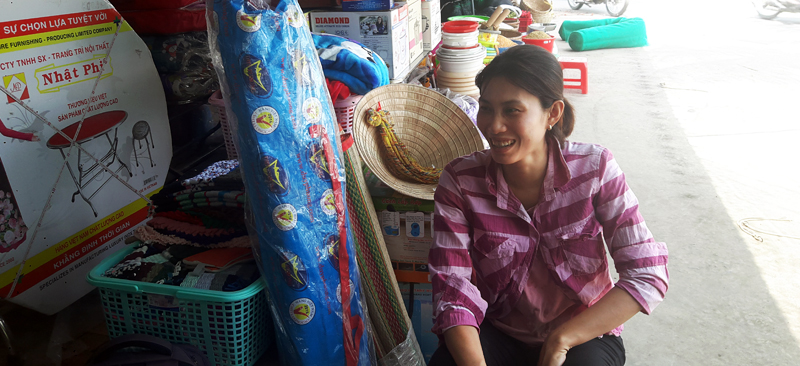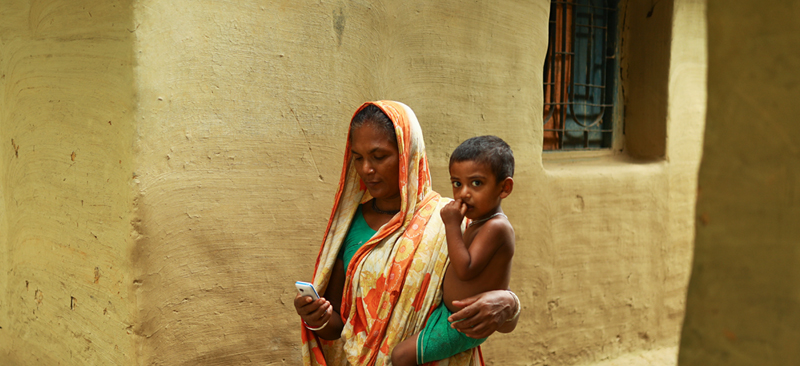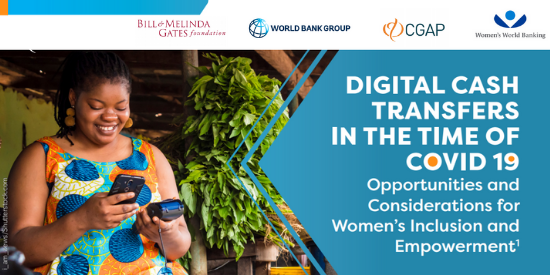Enabling the community to overcome the pandemic through digital payments
During the pandemic, Duong Thi Thuy, a mobile money agent in the Quang Ninh province, improvised her business to help her community follow the guidelines on social distancing and government norms. This is her story about the adoption of DFS and how it changed her life.





